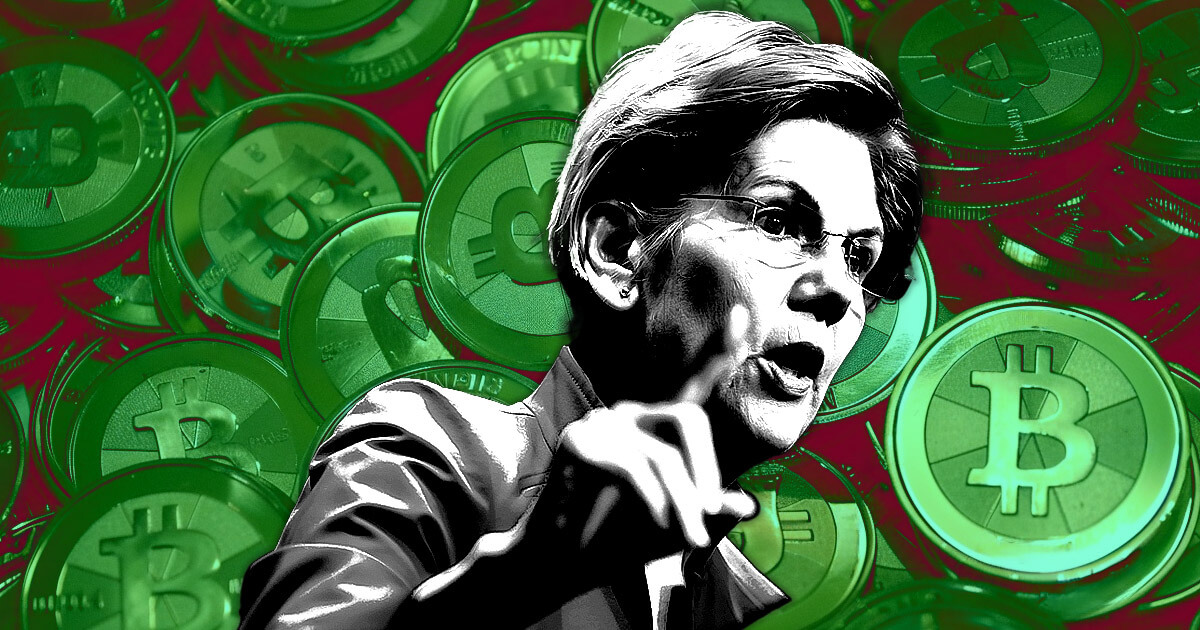
US Senators Elizabeth Warren (D-Mass.) and Bill Cassidy (R-La.) are urging US authorities to crack down on the use of crypto in the illegal trafficking of child sexual abuse material (CSAM) to take.
Lawmakers sounded the alarm on April 26 in a bipartisan letter addressed to Attorney General Merrick Garland and Homeland Security Secretary Alejandro Mayorkas.
Crypto payments for CSAM
The senators identified the pseudonymity of cryptocurrencies as a critical factor facilitating the movement of payments for CSAM to the digital world. They noted that crypto has become the payment method of choice for such illegal activities, and stressed the urgent need for legislative and administrative measures to address this problem.
A January 2024 report from Chainalysis, a leading blockchain analytics company, confirms the growing problem of CSAM’s crypto-based sales. The report identified virtual currency as the dominant method among buyers and sellers of commercial CSAM content.
A February analysis by the Treasury Department’s Financial Crimes Enforcement Network (FinCEN) further supports the findings. The FinCEN report revealed an increase in the use of virtual currencies by perpetrators seeking to avoid detection.
The analysis also found that financial institutions had filed thousands of suspicious activity reports related to CSAM, identifying more than 1,800 unique Bitcoin wallet addresses associated with these violations.
Stricter AML rules
The senators wrote that such developments highlight the need for strong anti-money laundering measures and effective law enforcement strategies to combat such crimes.
The Internet Watch Foundation (IWF) has also reported a significant increase in the number of websites accepting crypto for CSAM – doubling annually since 2018.
An advocate for strict crypto regulations, Warren has been active in promoting several legislative measures and pushing for stricter anti-money laundering regulations specifically targeting the crypto sector.
Senators Warren and Cassidy call for a joint effort between Congress and the Administration. They are intended to equip both agencies with the necessary tools to effectively combat the problem.
The letter marks a critical step toward legislative action aimed at closing gaps in the current financial regulatory framework to address and mitigate the risks associated with digital assets in such harmful transactions.

